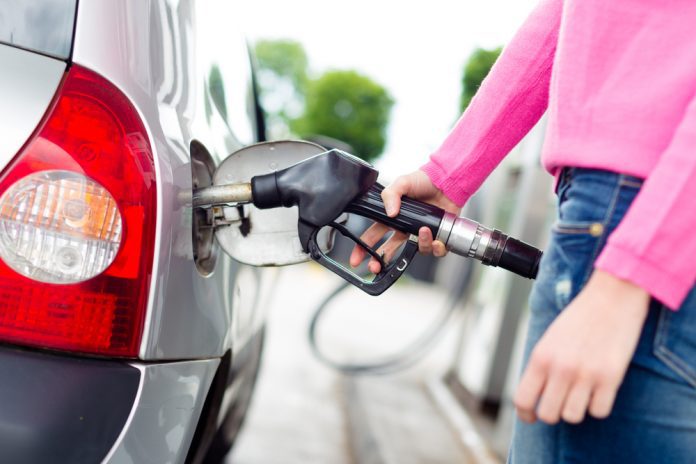The Alliance for Automotive Innovation, a lobby group representing major U.S. automakers, including the Detroit-Three, has submitted a new challenge to the National Highway Traffic Safety Administration’s recommended fuel-efficiency standards.
If passed, the new policy, titled the Corporate Average Fuel Economy (CAFE) proposal, would tighten emissions standards on a yearly basis: 2% for passenger vehicles and 4% for SUVs and pickups. Last month, the alliance argued that the automotive industry would suffer heavy financial losses under these rules, estimating that the fines alone would cost more than $14 billion by 2032. Now, the group is warning that the NHTSA’s fuel-efficiency prosal would raise car prices as much as $3,000 in less than a decade “with absolutely no environmental or fuel savings benefits.”
Although the agency has yet to publicly respond, in previous statements, it has noted that automakers could avoid fines by selling more electric vehicles, offsetting emissions from sales of gas-powered models. The goal of the CAFE bill is similar to that of the California Air Resources Board (CARB), which seeks to end sales of internal combustion engine cars by 2035 (excluding hybrids). By tightening fuel-efficiency standards and fining companies for non-compliance, state and federal governments can place additional pressure on the automotive industry to accelerate the EV transition.
The Biden Administration is also incentivizing electrification in the form of tax credits, which are only accessible to manufacturers that build their vehicles on U.S. soil with materials sourced from American suppliers and select trade partners. As such, there is little reason for the NHTSA to take serious note of the alliance’s new arguments.
Although the automotive sector has broadly lent its support to a zero-emission future, the speed of this transformation continues to be a sticking point for business insiders, including workers, dealers, manufacturers, suppliers and executives. Nevertheless, it seems unlikely that the industry can resist higher fuel-efficiency requirements in perpetuity. The problem of climate change is not a business issue but rather a social issue, one which a growing majority of Americans take seriously. Given that automakers have had substantial time to address car emissions but have failed to do so, it is hardly surprising for lawmakers and regulators to force their hand.





